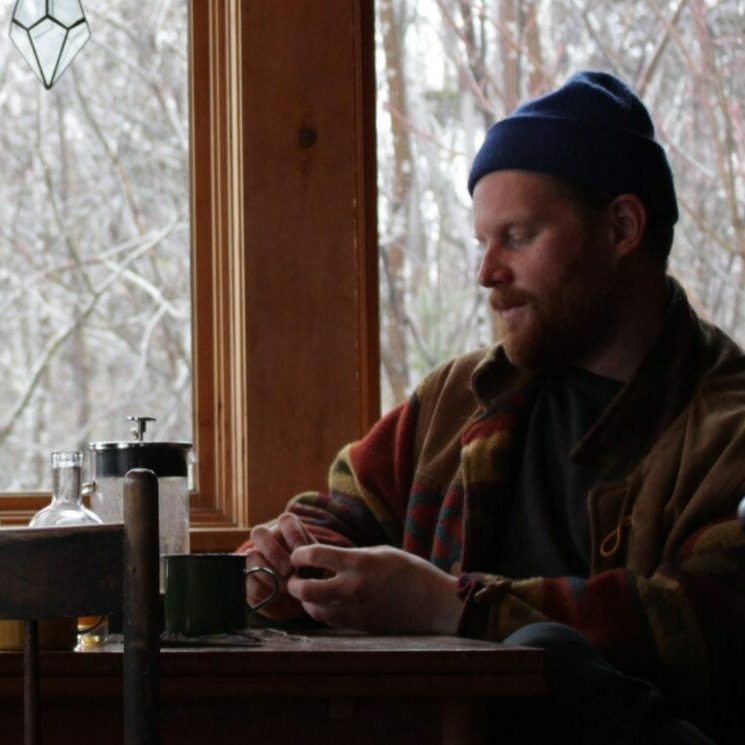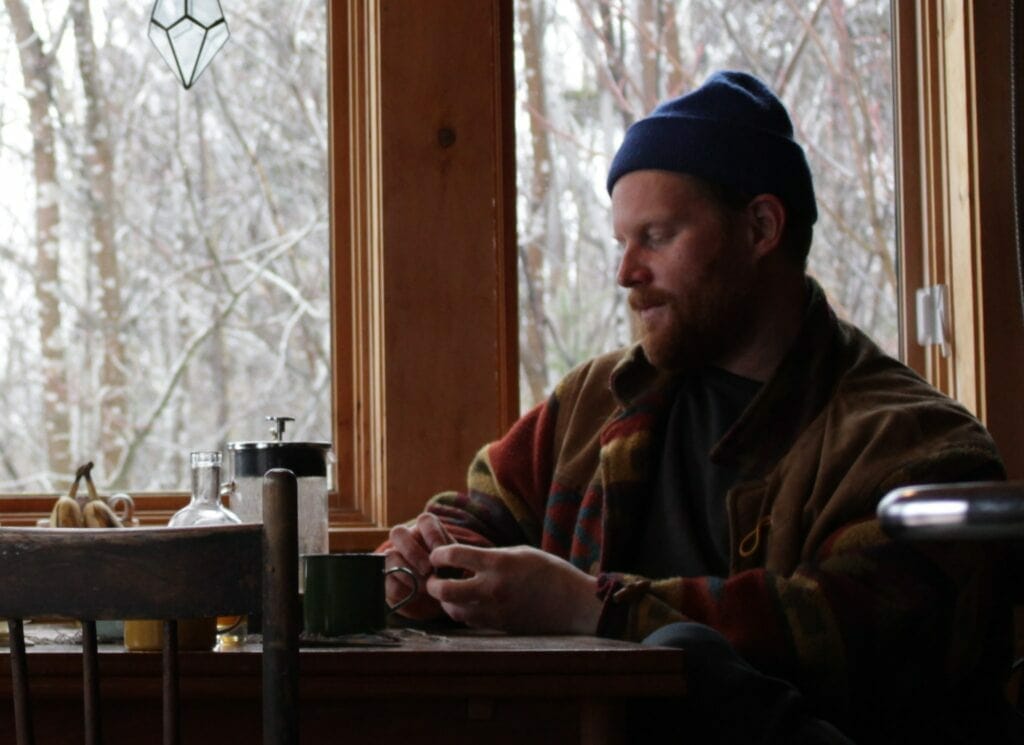
A glimpse into off-grid life in Nova Scotia
Off-grid living provides new autonomy to some as well as provides environmental benefits
With many students concerned about climate change and their role to play in helping the planet, some may be drawn to the idea of living off-grid. Off-gridding is a lifestyle where one doesn’t have septic or power supplied to their home from a grid, such as those run by a company or government.
When the Gazette met with some off-gridders they all had meaningful reasons as to why they live off the grid. Among them was Adam Zinzan on North Mountain in the Annapolis Valley. Also, Dominic and Drew (they wouldn’t provide their last names — part of the privacy they strive for with living off the grid) live in Bear River, near Digby.
Dominic said living off-grid gives them “autonomy” and a way to fight climate change on a small scale.
Zinzan said it moves one away from consumer culture.
“You have to step out of rhythms that aren’t benefiting you.”
It seems the driving force in this lifestyle is to benefit both the environment and health.
How to live off the grid
Zinzan and his partner Deryk run an off-grid community called Snow Lake Keep. Driving down the mountain lane with the fog rolling in behind you and the smell of pine in the air, it’s clear why this can be such an attractive living option.
At Snow Lake Keep, there are five houses, a workshop, a barn and a few cabins, all powered by solar panels. The community is surrounded by new-growth trees and the sounds of babbling brooks.
At Zinzan’s home — which cost him $45,000 to build — he can check his emails and run a small fridge and lights. While doing all that, he knows that the energy rushing through the cords is renewable. There is no septic, meaning he has a compostable toilet.
The running water comes from a surprising source: a tank beneath the house. Rainwater runs off his steel roof and is led down a pipe, filtered, and then brought into the water tank. Zinzan then filled his kettle with that water from the kitchen tap to make coffee.
When asked if it was hard to keep up a water supply, Zinzan shook his head. He said he’d never run out of water — Mother Nature supplies enough. But since his drinking water is rainwater, he tests it and must always be aware of smoke or chemicals that may move into the Nova Scotia rain system.
Zinzan shared his morning routine. He says when he gets up in the colder months, he puts logs on the woodstove, makes coffee and then will milk his goats
“It’s like my meditation,” he says. After that, he works around the homestead by gardening, tending to the animals and fixing things in his workshop.

Don’t romanticize it
Off-griding sounds rather idyllic, but Zinzan made sure not to sugarcoat it.
He stressed that focusing on small steps was essential in successfully living off-grid. He said that if he were to go back in time, he would have told himself just to build a house first. Everything else will follow, but having a roof over your head will take off so much stress when trying to focus on a million things and build the rest. Patience seems to be the key to living off-grid.
When asked the same questions Dominic and Drew had come to a similar conclusion; not rushing the off-grid journey is crucial.
Sacrificing conveniences and practicing great patience to connect and aid the environment is worth every bit for the folks who have chosen to live off-grid. It makes sense that students frustrated with the housing crisis and concerned for the environment may view this as a viable option for a future house.






